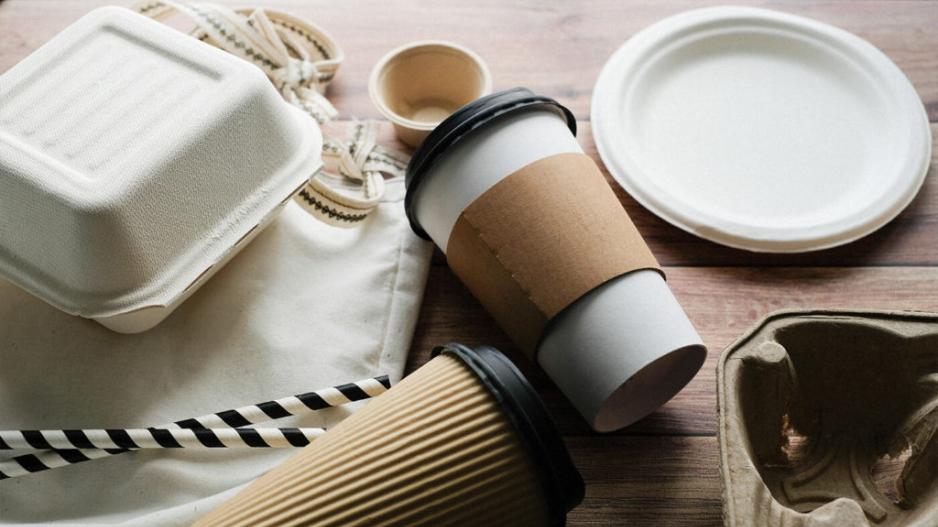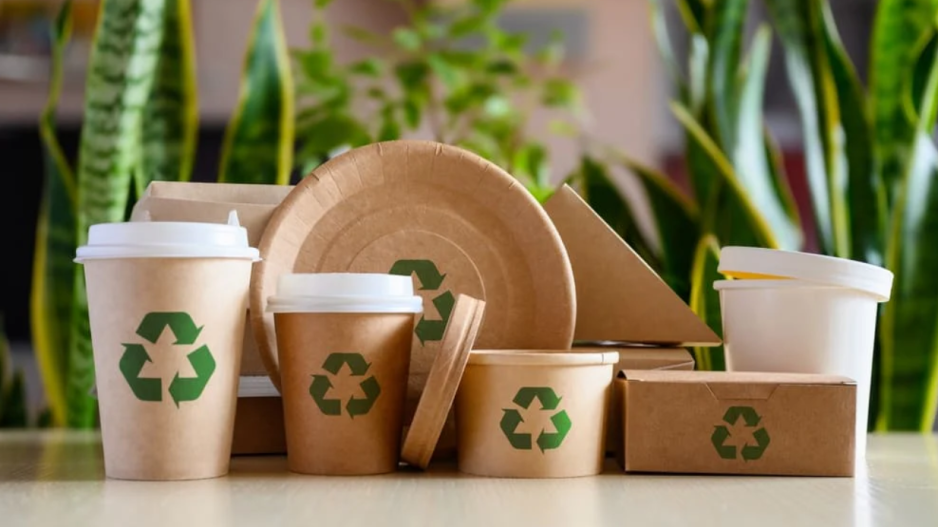Cypriot Researchers Participate in European Study on Developing Biodegradable Materials
MAGICBIOMAT: A European Initiative to Combat Plastic Pollution with Advanced Biodegradable Materials
Addressing the urgent global challenge of plastic pollution, the European research project MAGICBIOMAT was officially launched today in Ireland. The initiative, which includes Cypriot researchers, aims to develop innovative biodegradable materials with customizable degradation processes to adapt to various environmental conditions.
Dr. Xenia I. Loizidou, Director of Isotech Ltd, speaking from Ireland, described MAGICBIOMAT as a game-changer in the transition to a sustainable bioeconomy. The project focuses on developing biodegradable materials, such as agricultural films and paper-based packaging, that can degrade efficiently under specific environmental conditions.
“These customized materials will lead to a cleaner, more sustainable future, paving the way for a planet free from plastic pollution,” said Dr. Loizidou.
The project is funded by Horizon Europe, under the Cluster 6 - Food, Bioeconomy, Natural Resources, Agriculture, and Environment program, and involves seven research teams. It is coordinated by the Technological University of Shannon in Ireland, in partnership with:
-
The University of Padova (Italy)
-
Cypriot research company Isotech Ltd
-
The French Plastic Research Center (CTIPC)
-
Organik Kimya Sanayi ve Ticaret AS (Turkey)
-
DIGIOTOUCH OU (Estonia)
-
The University of Sheffield (UK)

The MAGICBIOMAT project aims to develop a portfolio of biodegradable materials tailored to environmental and climatic conditions using advanced tools, including artificial intelligence and cutting-edge software.
Two high-priority applications are being targeted:
-
Agricultural plastic films: Widely used in farming, these films are often too damaged or dirty for recycling, leading to soil pollution and broader environmental harm.
-
Paper-based packaging with plastic coatings: Commonly used in food packaging, these materials often contain non-biodegradable or slow-degrading polymers, contributing to plastic waste despite the biodegradation of the paper component.
Although biodegradable materials are promising, current bioplastics do not fully degrade under all conditions. For instance, a plastic designed to degrade in soil may not break down effectively in aquatic environments, potentially releasing microplastics and nanoplastics.
MAGICBIOMAT seeks to bridge this gap by creating tailored materials that degrade appropriately in their intended environments.
Dr. Yuanyuan Chen, the project coordinator from the Technological University of Shannon, emphasized:
“Our goal is to develop biodegradable materials with customized degradation, offering sustainable alternatives to conventional plastics and contributing significantly to global efforts for a greener, more sustainable future.”
Recognizing that technology alone cannot solve waste management issues, MAGICBIOMAT incorporates consumer behavior studies to inform product labeling and develop targeted strategies for promoting biodegradable materials and responsible waste management practices.






